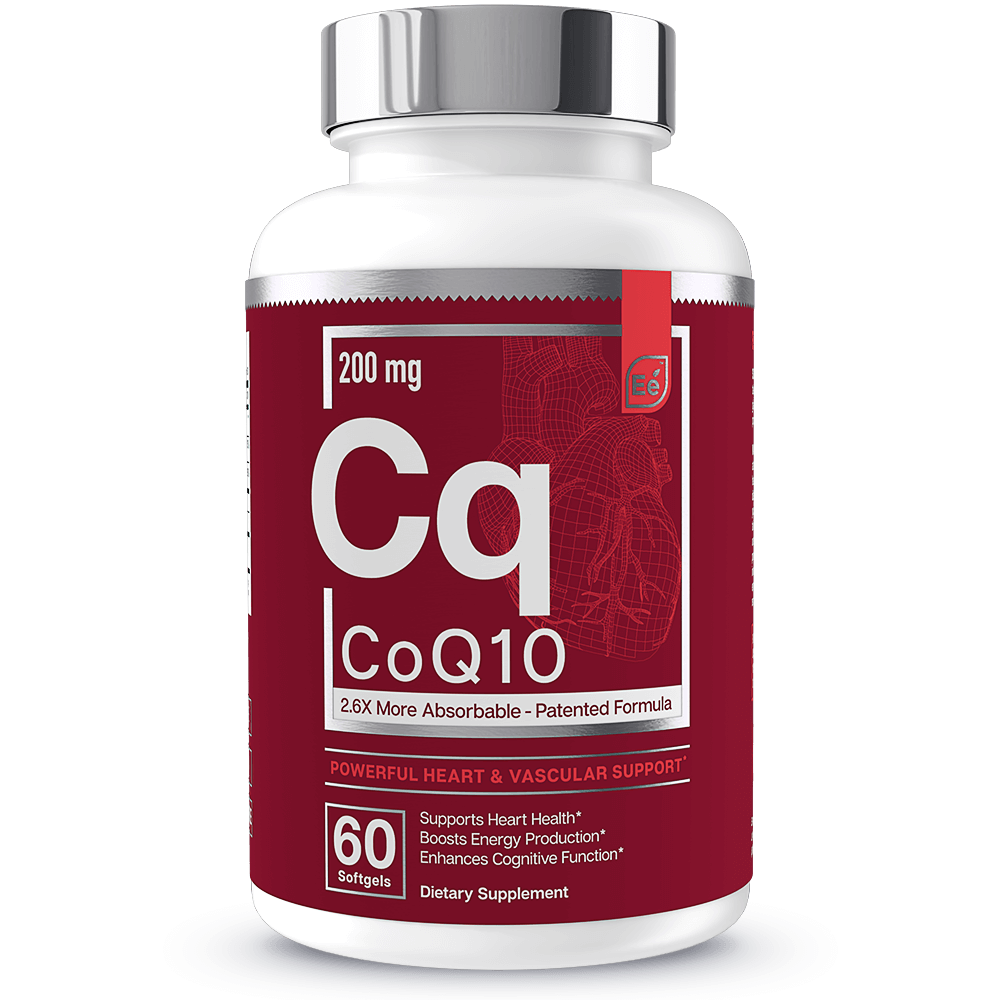12 Things Your Poop Can Tell You About Your Health
7 minute read

In this day and age, we all understand how important it is to watch our health. While you can change your diet and lifestyle, the best way to maintain control over your health is to listen to your body.
It has a special way of telling you what it needs as well as when something is wrong. Whatever the symptom is, chances are your body is trying to tell you something.
One of the best indicators of health is your poop. This may sound gross but looking at your stool can tell you a lot about the current state of your body and your overall health.
What Your Poop Has To Say
The color and shape of your stool contains details as to what is going on in your body and can tell you if things are not right. Normally your poop should be brown and the shade can vary depending on what you have eaten for the day.
| Related: 8 Health-Damaging Habits You Probably Do Everyday |
Significant and sudden color changes, however, should alert you to more serious problems, and you should seek medical attention right away.
White: If you notice that your stools are white or a grayish/clay color this indicates a lack of bile. Bile is necessary for digestive support and is secreted by the liver, so a lack of bile could tell you that there is something wrong with your liver or gallbladder.

There could be blocked bile ducts, gallstones or even cirrhosis. Additionally, the presence of white mucus on brown stool may be a sign of Crohn’s disease.
Green: Green coloring is usually caused by eating vegetables that are rich in chlorophyll, like spinach and broccoli. It can also happen when you take iron supplements or drink green-colored beverages or eat foods with green food coloring.
If you have not consumed any of those items and notice green coloring, your stool may have passed through the digestive tract too quickly and did not have enough time to interact with the bile and bilirubin.
Yellow: This can be a sign of a blocked bile duct as well as poor fat absorption in your body. Another possible reason could be a lack of enzymes produced by your pancreas, which could indicate chronic pancreatitis, celiac disease and even cystic fibrosis.
| Related: Celiac Sufferers Can Indulge With This Special Soba Salad |
Yellow poop can also occur when you eat a lot of carrots or ingested yellow-colored drinks.
Black: You can get black poop when taking certain medication, like aspirin or ibuprofen, as well as iron supplements. However, it can also indicate bleeding in your intestines so you want to get it checked right away.

More often than not, black poop is caused by eating blue and black foods, like blueberries or licorice.
| Related: Researchers Find Link Between Parkinson’s and Gut Bacteria |
Red: Red shades are influenced by your diet, specifically foods like beets and tomatoes, so think about what you have eaten recently. If food is not the reason, it could be blood from an anal fissure, ulcerative colitis, or hemorrhoids, so you should speak with your doctor right away.
All Shapes and Sizes
When it comes to the shape of your stool, there is also much you can learn about your health. Looking at your poop may not be your favorite task but scientists highly recommended it as the best way to stay on top of your health.
Separate solid lumps: If they look like goat feces, it could be a sign of severe constipation. This shape indicates a lack of fiber, so consider eating more fiber-based foods, like whole-wheat pasta, lentils, and raspberries to correct the issue.
Sausage shaped, lumpy, large stools: These could also mean constipation. Again the cause is likely a lack of fiber, so you should start adding more fruits and vegetables to your daily diet.
Constipation can also occur as a result of non-dietary factors such as a lack of exercise and long-term ingestion of certain medications.
| Related: The Best Exercise for Aging Muscles |
Cracked, sausage-shaped stool: This is considered normal, but you still need to remember the importance of drinking water to maintain health stools and bowel movements.

Soft, sausage-shaped, smooth poop: This is considered perfect, so keep up with the balanced diet, water intake, and avoid stressful situations.
| Related: Oleation Brings Ayurvedic Healing to Your Whole Body |
Soft lumps with clear edges: You have light diarrhea, which could indicate irritable bowel syndrome. Consider eating low-fiber foods, such as potatoes, bananas and crackers.
Fluffy pieces with ragged edges: These rank as mild diarrhea, which could mean you have too much fiber in your diet. Drink more water to avoid dehydration and add some low-fiber foods to your diet.
Liquid stool with no solid pieces: This is severe diarrhea, which indicates food poisoning, bacterial infection, food intolerance, or allergy. Drink plenty of water when experiencing diarrhea to stay hydrated, and, if the symptoms do not clear up after a few days, you need to consult your doctor.
Poor Digestion and Your Poop
Dehydration is a common problem for poor digestion and subsequent altered stools and bowel movements. Water is essential to our overall function, and every process within our body relies on water intake.
Regarding your digestive tract, a lack of water means less digestive fluids to aid the process, so digestion is incomplete. Increased intake of processed food is another contributor to an unhealthy gut, as they are loaded with toxins and chemicals that are not good for you.
Avoiding processed foods is the only way to maintain good health.
A condition known as toxic bowel is another common problem seen in those individuals with less efficient digestive systems. The main culprit is constipation, and, when your intestines become backed up with waste, toxicity occurs.
Pathogenic bacteria thrive in these toxic conditions, leaving you at risk for serious illness and disease. Your body eliminates waste for good reason, so you don’t want it hanging around your guts, festering.

Stress also complicates digestion because of the relationship between your brain, nervous system, and gut. Avoiding stressful situations as well as sticking to a healthy and balanced diet is a good way to promote healthy digestion and therefore healthy poops.
The Bottom Line
Paying attention to your stool situation is as simple as looking before you flush. While not culturally smiled upon, it is medically-sound advice and god common sense to keep track of what your body is doing.
When only good stuff is going on, you will only get good news from what is coming out.
READ NEXT >>> 8 Things Your Eyes Are Saying About Your Health




















 Health Guides
Health Guides
 Latest Research
Latest Research


